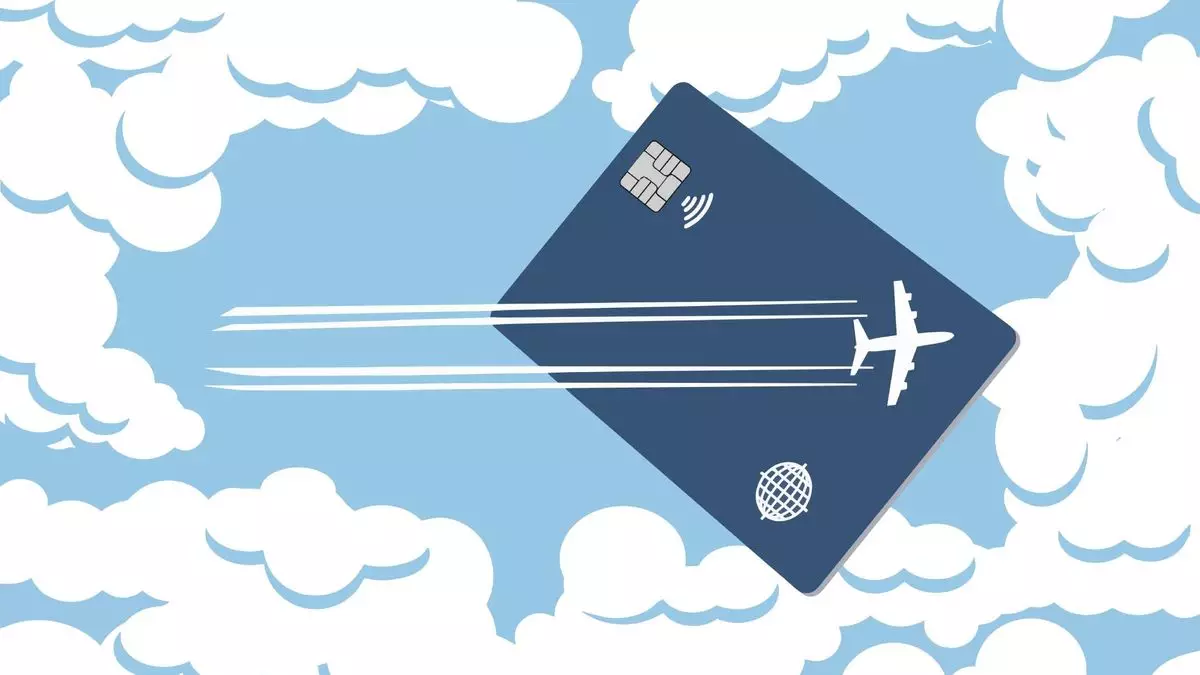In recent months, the U.S. Department of Transportation (DOT) has ignited controversy by launching an investigation into the loyalty programs of the nation’s four largest airlines: American Airlines, Delta Air Lines, Southwest Airlines, and United Airlines. This inquiry reflects a growing tension between consumer advocacy and the airline industry’s operational sovereignty. While consumer groups hail the DOT’s intervention as a necessary move for protecting travelers, critics, including representatives from the airline industry, decry it as unwarranted governmental intrusion into free-market practices. The ongoing debate raises pivotal questions about consumer rights, industry transparency, and regulatory limits.
The DOT’s investigation stems from mounting concerns regarding the practices of airline loyalty programs, which have evolved significantly over the past decade. These programs, which have amassed millions of loyal members, allow travelers to earn points that can be redeemed for flights and other benefits. However, there is a pervasive sentiment among consumers that these programs have become less user-friendly, marked by frequent changes to redemption values and terms. This prompted DOT Secretary Pete Buttigieg to assert that due to their size, these airlines hold an outsized influence over the marketplace, thus warranting scrutiny.
In letters to the airline executives, the DOT requested comprehensive documentation about changes in reward point values and the implementation of dynamic pricing strategies. Consumers are increasingly feeling the pinch of inflated redeeming costs, and many fear that their accrued points are worth less than when they were earned. Buttigieg framed the inquiry not just as a consumer protection issue, but also highlighted the economic significance of these rewards programs, arguing that they have become an integral part of the American financial landscape.
In the wake of the DOT’s announcement, representatives from the airline industry have expressed alarm over what they perceive as regulatory overreach. The Airlines for America (A4A) trade group emphasized that loyalty programs are crucial for fostering competition in the marketplace, enabling airlines to reward their best customers. They argue that the existing competitive landscape thrives on these programs, which allow airlines to differentiate themselves and offer additional value to travelers.
Critics within the industry, such as Kyle Stewart, underscored the challenge of comparing the various loyalty programs offered by airlines, noting that their approaches to pricing and awards differ significantly. For instance, Southwest Airlines bases its reward pricing on the cash cost of tickets, while other major airlines employ less predictable redemption strategies. This difference complicates the DOT’s position and suggests that a blanket investigation of all four airlines could overlook important nuances between them.
Despite heavy pushback from the airlines, advocates for consumer rights view the investigation as a step toward accountability and transparency. Bill McGee from the American Economic Liberties Project expressed optimism that the DOT’s actions could lead to a more consumer-friendly framework in what has become a murky area of airline operations. He pointed to the pattern of airlines altering the rules governing their loyalty programs and the potential for customer harm stemming from those changes.
There is a legitimate public concern about the clarity and fairness of these programs. Many consumers enter loyalty programs under the assumption of stability and transparency, only to find themselves confounded by shifting terms that impact their ability to use points they have accumulated. As McGee noted, consumers invest in these programs with a reasonable expectation that the rules won’t change unpredictably—a trust that now appears increasingly fragile.
The culmination of the examination may lead to regulatory changes that reshape loyalty programs for consumers, promoting fairness and transparency. As airline reward programs continue to evolve amid a rapidly shifting economic landscape, the DOT’s scrutiny could herald crucial changes. It could ensure loyalty programs function less like arbitrary games of chance and more like reliable savings options for consumers.
However, challenges remain. An inherent tension exists between enhancing consumer protections and maintaining a free, competitive market without excessive government interference. If regulators attempt to impose rigid structures around loyalty programs, they risk alienating the very principles of marketplace innovation and choice that have propelled the airline industry forward.
Ultimately, the ongoing investigation emphasizes the need for a more comprehensive dialogue between stakeholders, including airlines, regulators, and consumers. Moving forward, it is vital that any reforms to loyalty programs bolster consumer trust while allowing airlines the flexibility to innovate and compete effectively in a crowded market. Balancing these interests will be critical in determining the future landscape of air travel in America.

